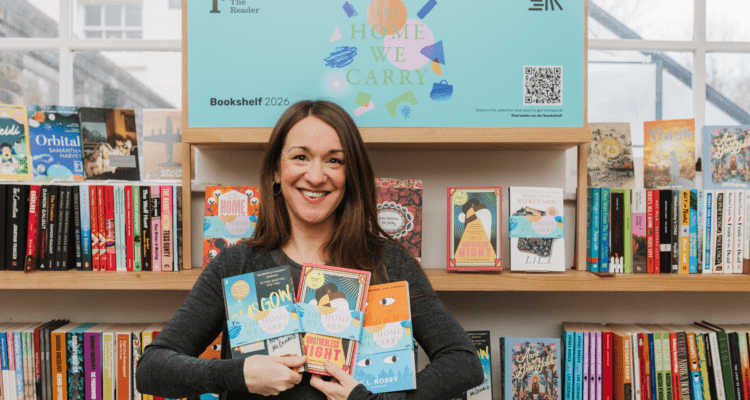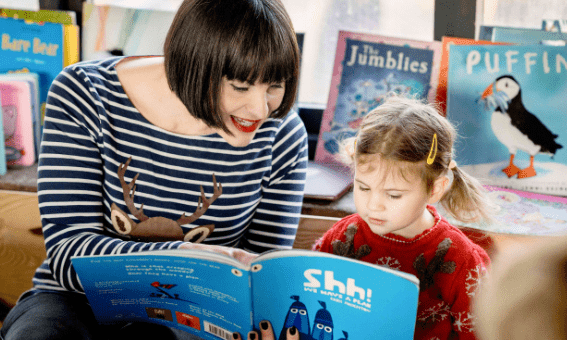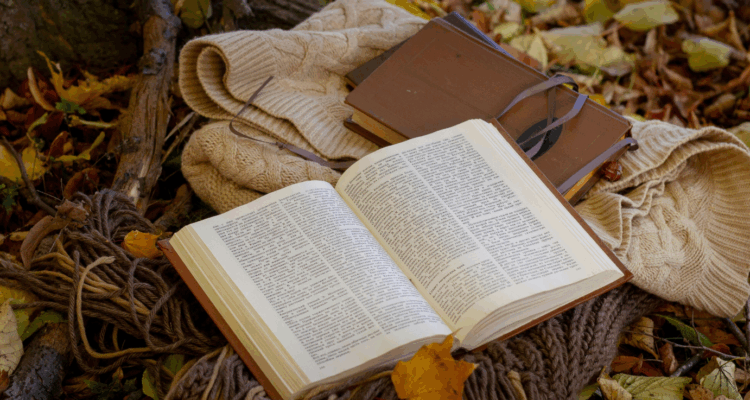Texts and tweets: Poetry for the next generation?
Whilst browsing my daily newspaper a few weeks ago, I was somewhat shocked to come across a story outlining the reading habits of some members of the younger generation. Displaying the results of a recent survey by the National Literacy Trust, it made less than encouraging reading. The most astounding fact whacked me right at the beginning; it stated that none other than text messages are the main source of reading material for children outside of the classroom, with nearly 60% of the 18,000 eight to seventeen year olds questioned saying they read texts on a regular basis. In comparison, just over 45% picked up a work of fiction to read at least once a month rather than their phone. Consequently, the survey also found that the children who read text messages more regularly as opposed to novels are twice as likely to have a below average reading ability compared to their fiction-reading counterparts.
But, aside from the sadness I felt about a sizeable proportion of children missing out on the wonderful reading adventures I had as a child, perhaps I'm being a bit too harsh on texting. The medium has had its fair share of unnecessarily bad press, especially of late, and surely any starting point on the road to reading for children, no matter how seemingly rudimentary, is a good one. Last week a very important person in the world of poetry – the Poet Laureate, no less – stepped forward to defend the literary credentials of the text message, tweet or Facebook status.
Launching Anthologise, a new initiative in secondary schools which invites pupils to put together their own poetry anthologies and is designed to get them engaging with and reading more poetry, Carol Ann Duffy said that diverse and adapted ways of using language, such as is evident in text messages and on Twitter, can contribute greatly to poetic feeling, imbuing the various methods of technology with a greater depth than may previously have been considered. As well as that, the frequent composition of texts may even go on to encourage young people to become part of the next generation of trendsetting poets. Calling poems ‘the original text’, Duffy said about poetry:
“It's a perfecting of a feeling in language – it's a way of saying more with less, just as texting is. We've got to realise that the Facebook generation is the future – and, oddly enough, poetry is the perfect form for them. It's a kind of time capsule – it allows feelings and ideas to travel big distances in a very condensed form."
So, far from being something to despair about, perhaps the proliferation of text messages is positive, sparking off creativity and encouraging an appetite for and greater comprehension of poetry amongst children and young people. Or maybe that’s jumping to an opposing set of conclusions…? We’re always happy to hear about any methods that will get the younger generation engaged with reading – the more inventive, the better – but we’d still hope that at least every now and then, texts will be swapped for Tennyson, SMS for sonnets and Facebook for Frost.
Share
Related Articles

The Reader unveils new Bookshelf for 2026
The UK’s biggest Shared Reading charity today launches its 6th annual Reader Bookshelf - a carefully curated collection of stories, plays, and poems - at the start of the…

The Reader launches Christmas appeal to raise £10,000 to help care-experienced children thrive through the joy of reading
As the festive season approaches, the Liverpool-based national Shared Reading charity is launching an appeal calling for help to make…

October’s Monthly Stories & Poems
October is of course associated with all manner of ghosts, goblins and things that go bump in the night. We’ve…


